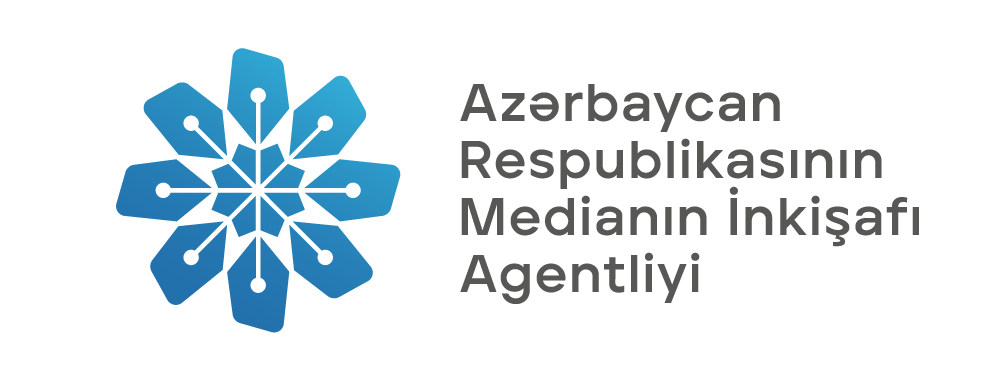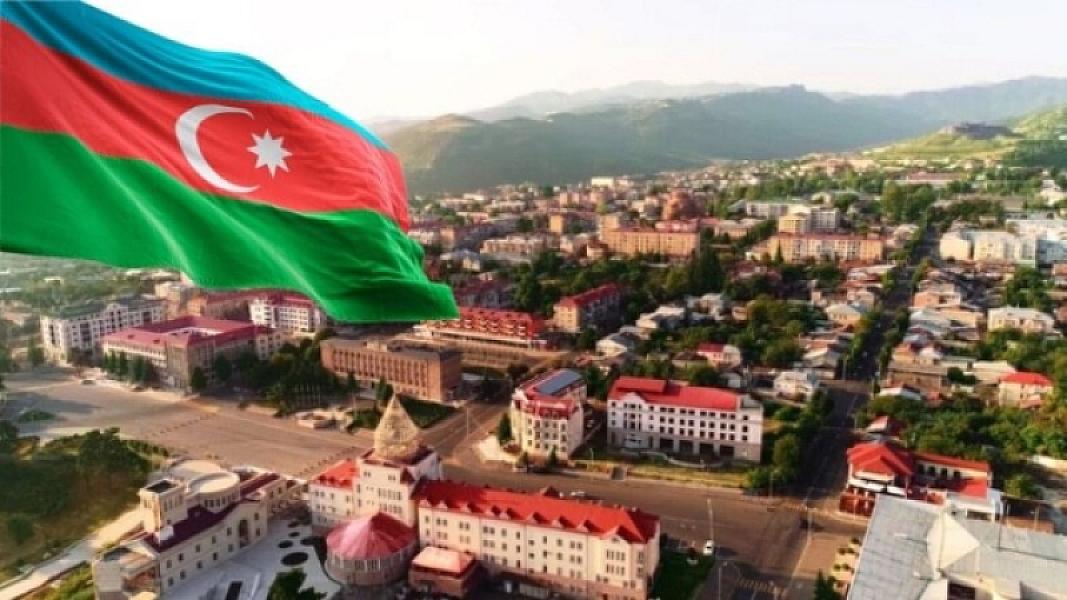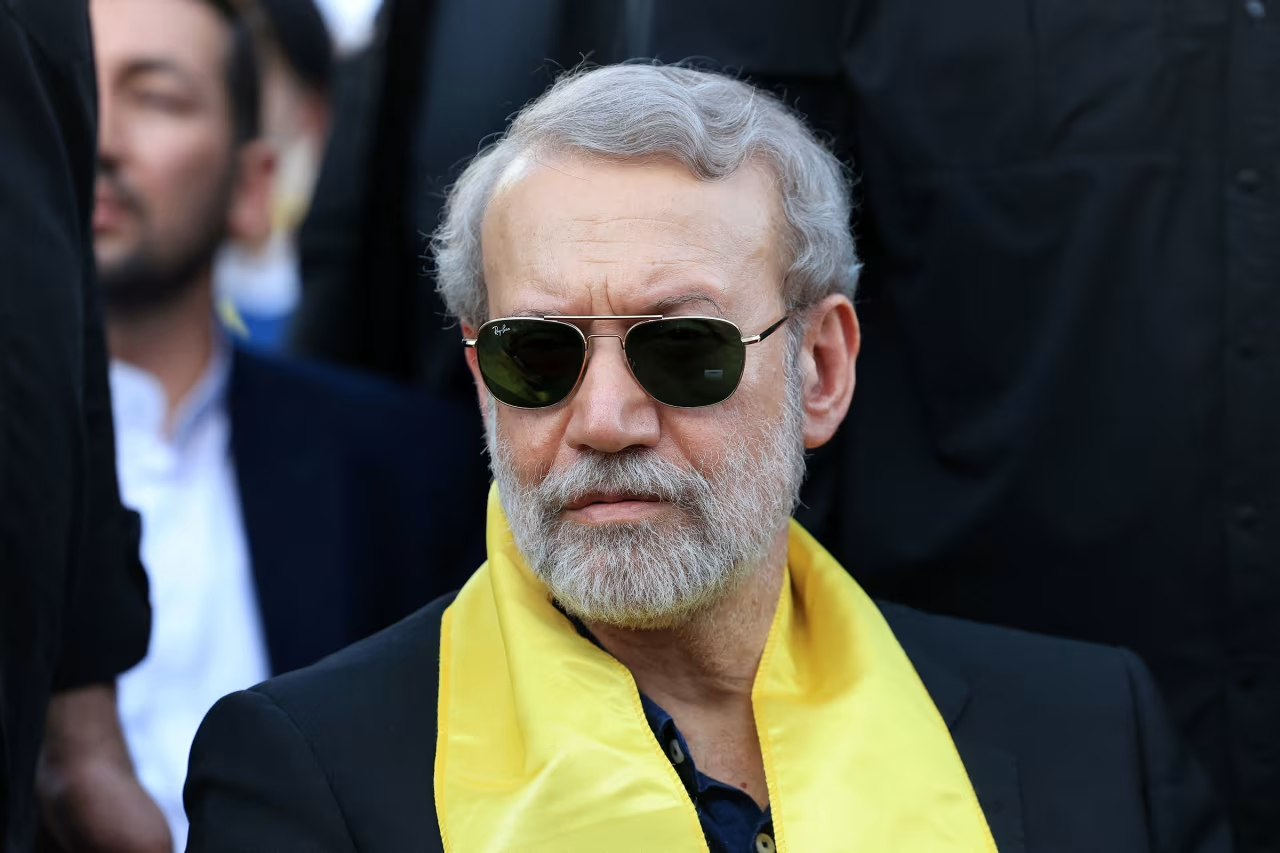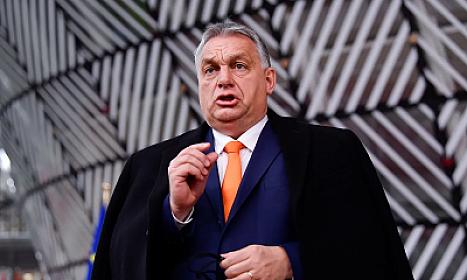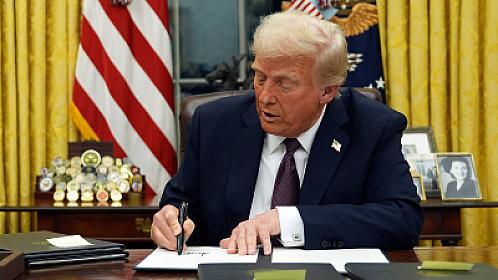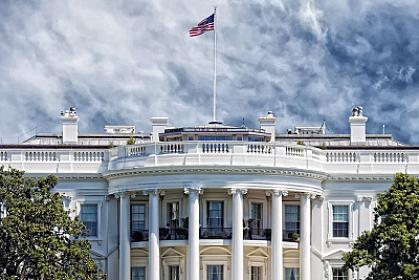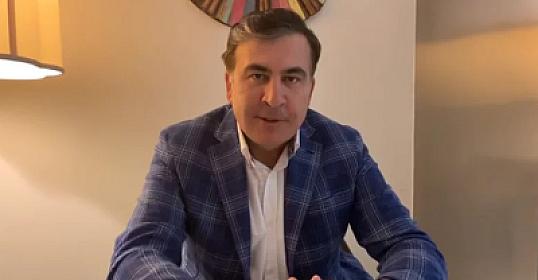At the meeting of the Milli Majlis held on September 17, Zahid Oruc, chairman of the Human Rights Committee of the parliament and head of the Center for Social Studies, proposed changing the name of the State Committee for Refugees and Internally Displaced Persons to the Great Return Committee.
Medianews.az requested Zahid Oruc to explain the rationale behind this proposal.
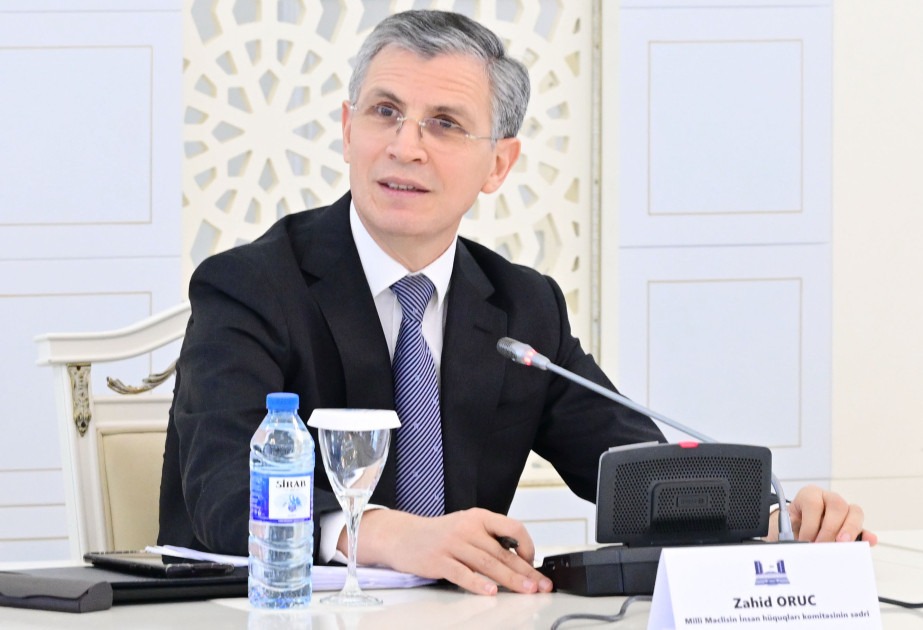
Zahid Oruc stated that the State Committee for Refugees and Internally Displaced Persons was an institution established in accordance with the realities of that time when Azerbaijani lands were occupied and hundreds of thousands of compatriots were displaced from their homes: “Let us not forget that the problems of refugees and internally displaced persons were quite severe and serious. The state undertook important works in recent decades to resettle them both in Baku and in the regions — townships, new villages were established, and effective steps were taken to meet social needs, education, household, and housing issues. This entire burden was fully on the state.”
Evaluating the preservation of the executive power structures of the occupied districts and cities during that period as an important step, Zahid Oruc emphasized: “If at that time the administrative and management structures of our occupied districts and cities had been abolished, it would have sent a negative signal to the people. They would have thought that the state no longer believes the lands will be liberated, and implies ‘that’s why they abolished them.’ However, our state preserved those executive power structures. Now, those structures are being transferred to the liberated territories within the framework of special representations and are consolidating there. This is a historically significant event. After Azerbaijan's victory, governance entities are forming throughout the country's entire geography, marking the start of a new era. For some time now, internal affairs bodies, the prosecution, state security structures, education and healthcare institutions, and other agencies are being directed to the liberated territories.”
Noting that this form of governance integrity is being experienced in Karabakh for the first time during the independence period, Zahid Oruc said: “This is an indicator of constitutional and sovereign integrity. As I mentioned earlier, the establishment of the State Committee for Refugees and Internally Displaced Persons was a necessary step, and the scope of the work it had to undertake was quite broad. Initially, foreign donors supported this process, but in subsequent years, especially after oil revenues started flowing into the state budget, this assistance ceased. The Azerbaijani state has borne the pains and concerns of the displaced alone.”
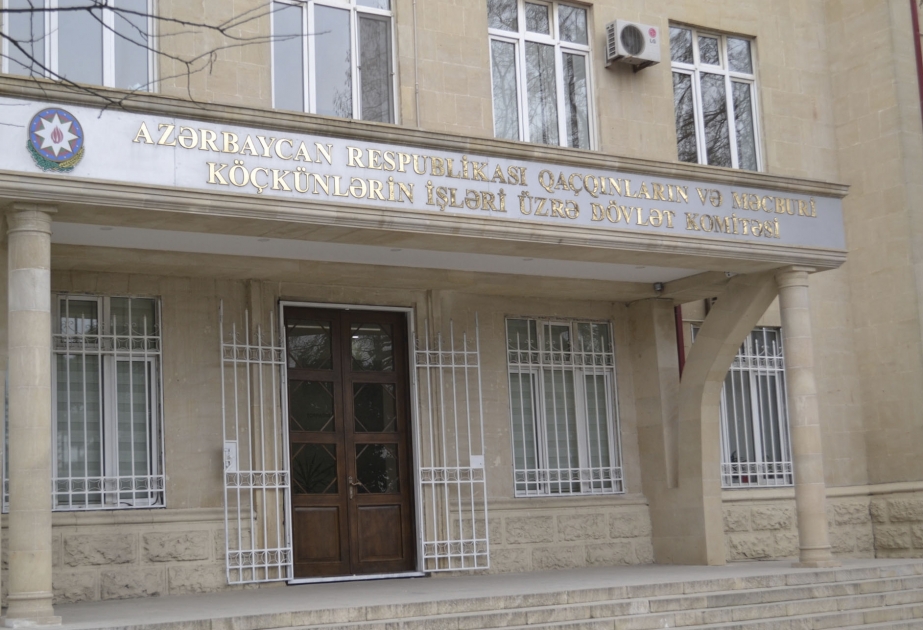
Zahid Oruc expressed his support for preserving traditions of succession within the governance system and valuing the activities of government institutions that emerged out of necessity, including the State Committee for Refugees and Internally Displaced Persons. At the same time, he noted that it is important to properly direct processes and craft a policy that encompasses them in the face of new challenges of the era: “Pay attention. Our Supreme Commander is turning the liberated lands into a political center, receiving state and government leaders in Shusha and Stepanakert (Khankendi), moving the protocol to that region, key international events are held in Karabakh, and messages are sent to the world from there… All these indicate that change is necessary in the work of the Committee for Refugees and Displaced Persons as well.”
“Once, as difficult as it was, we formed the legal framework for the displacement period. Now the issues of return, resettlement, property rights in the liberated territories, social privileges, tax exemptions, and other matters are on the agenda. In 2022, tax exemptions were implemented in 10 categories. Currently, a new legal basis is being prepared in this direction. The Return Program adopted in 2021 is being successfully implemented. It envisages investment worth approximately 20 billion manat and the return of tens of thousands of people. By 2027, it is expected that about 100,000 people will have returned to their native lands. This process requires a new management and supply model. Under such circumstances, there is a need to increasingly orient the State Committee for Refugees and Internally Displaced Persons toward the Great Return.”
“If previously, for example, resettlement from Goranboy, Lankaran, Sheki to Baku had to be ensured, now the reverse process is underway. People return to the lands of their ancestors; capital is being invested in the liberated territories, which in turn increases GDP across the country and creates additional economic value. All these require new structuring.”
Zahid Oruc also said that what he put forward is just a proposal: “We are only making a proposal and publicizing ideas and initiatives. The changing of the name of any state committee, or the creation of a new body and calling it either a committee or ministry is a matter within the powers of the Supreme Commander.”
“Our position is not to overshadow the activity of the State Committee for Refugees and Internally Displaced Persons or the unparalleled work it has done so far; on the contrary, we put forward this proposal with the intention to further develop it, to align it with our victory, to form a victorious governance system. Our goal is only and solely to serve this.”
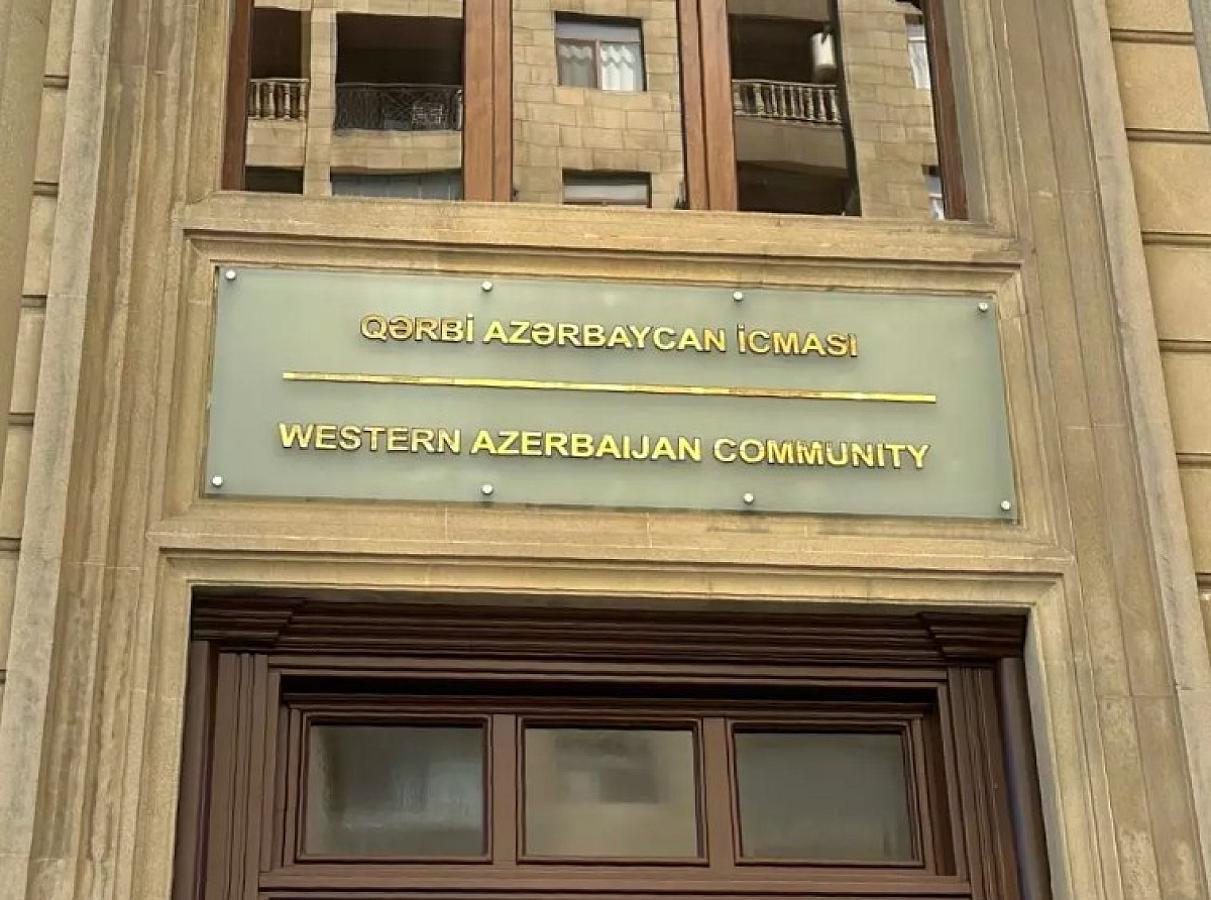
The Great Return currently envisages returns to Karabakh and Eastern Zangazur. If the State Committee for Refugees and Internally Displaced Persons is, for example, transformed into the Great Return Committee, what will happen to our compatriots displaced from Armenia? Will a separate body need to be created to deal with their problems?
Zahid Oruc replied to Medianews.az's question as follows:
“I think not. There is already a non-governmental organization called the Western Azerbaijan Community. Its profile, tasks, the President’s sensitive attitude towards this organization, provision of a building to the community, and the broad public support for the community naturally mean that this activity can continue within the framework of this successful platform.”
“In general, the fact that the President has put forward the concept of the Second Return program means that when we talk about ‘return,’ we should envisage not only territories freed from occupation but also a return in general to the historical roots, homeland, traditions. In other words, the idea of return should be transformed into a broader national ideology.”
Nailə Qasımova,
Medianews.az
Note: This article was prepared on the theme of “Great Return to Liberated Territories” with financial support from the Media Development Agency of the Republic of Azerbaijan and in accordance with competition terms.
